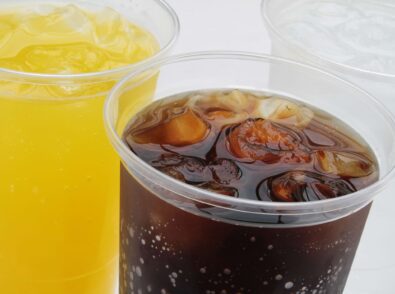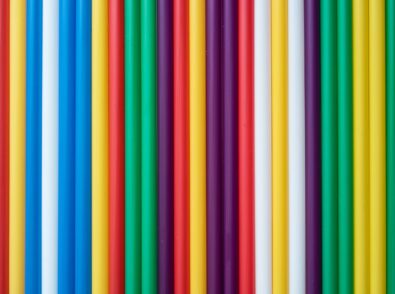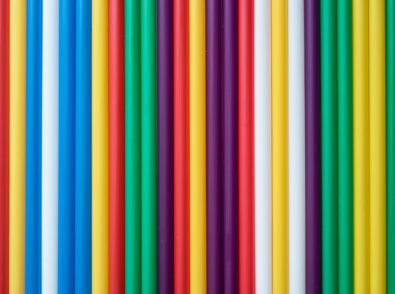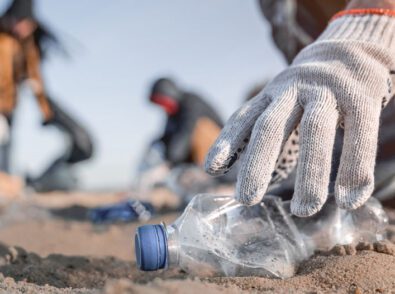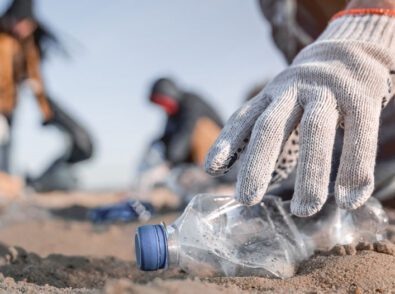Miami Plastic Regulations and Bans
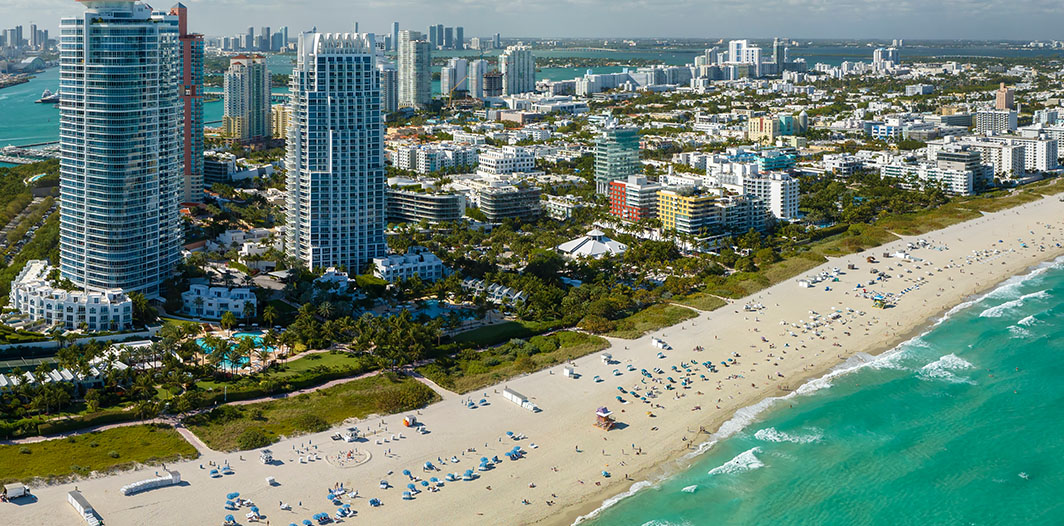
Miami Beach introduced a citywide single-use plastic ban in 2019 to curb rampant plastic pollution, which has been compromising the environment and the health of people and animals in its vicinity for years. The city requires foodservice providers and hotels, amongst others, to look for sustainable alternatives to ensure the continued environmental health and productivity of the inhabitants.
What Do the Regulations Entail?
Miami’s plastic regulations have taken a layered approach. First, Miami Beach banned single-use plastic beverage straws, stirrers, and bags from streets and beaches and forbade public places such as sidewalk cafes from dispensing plastic bags.
In 2019, they took it a step further and passed legislation banning single-use drink straws and stirrers citywide to reduce the load on the city’s storm drains and sea life and improve the city’s water quality. Miami Beach implemented fines ranging from $50 for the first offense to $500 for the third, and any violations after that. Any business that provides the banned items will be subject to these fines.
The city also created an education program to inform the public about the changes and help businesses find sustainable alternatives so they can continue to thrive.
Who Will the Ban Impact?
The initial Miami plastics ban, which prohibited single-use plastics only on beaches and streets, impacted smaller sidewalk businesses local to the beach and its surroundings. The citywide ban on single-use plastics reaches further, affecting foodservice providers, hotels, and any other business that distributes single-use plastic products.
Miami-Dade County Plastic Ban
The county of Miami-Dade currently has limited options to ban single-use plastics locally because of statewide preemption laws. These laws prevent local governments from making plastic regulations and open them up to legal action if they do.
However, city municipalities can operate within these preemption laws by banning single-use plastics on public property, such as beaches and city buildings, and at city events.
The preemption laws don’t cover the sale of plastic straws and utensils, which are large contributors to plastic pollution. Cities within Miami-Dade County can prohibit the distribution and sale of these items from businesses.
Currently, Miami-Dade has banned single-use foam products from any public parks or beaches within the county. Separate city governments have banned further plastics on city property.
Plastic Free 305
An excellent program that helps to reduce Miami-Dade County’s plastic bag pollution is Plastic Free 305. It seeks to reduce plastic pollution through a coalition of businesses around the county that voluntarily reduce or eliminate the purchase and use of single-use plastics in their operations. These businesses might replace plastic items with sustainable solutions, implement strategies for their reuse, or completely eliminate them.
Participating in this initiative is a superb way for businesses to remain sustainable and show their customers they care about their community.
How Greenprint Can Help
We help businesses transition to a sustainable future and thrive by providing various alternative solutions that abide by plastic regulations in Miami Beach. We manufacture our products using materials like sugarcane and agave fibers, which are durable and can biodegrade under their particular certified conditions.
Learn more about Greenprint’s offerings if you’re looking for a sustainable alternative for your business. For more information, you can contact us to set up a sales appointment or check out our products for yourself.

